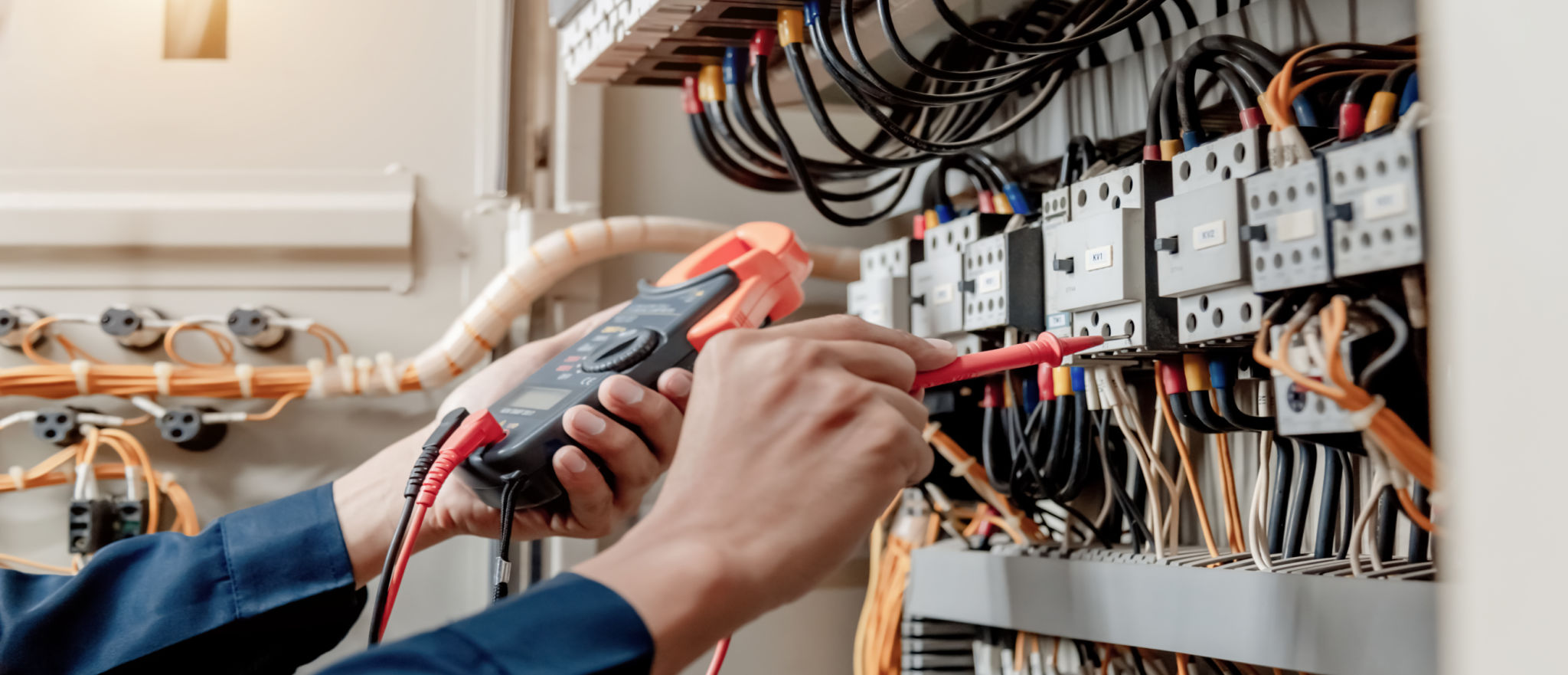Myth-Busting: Common Misconceptions About Home Electrical Systems
Understanding Home Electrical Systems: Dispelling the Myths
Home electrical systems are often shrouded in mystery for many homeowners. With so much misinformation floating around, it's easy to fall prey to misconceptions that can lead to inefficient energy use or even safety hazards. Let's dive into some common myths and set the record straight.

Myth 1: More Power Outlets Mean Higher Energy Consumption
A prevalent myth is that having more power outlets in your home will automatically lead to higher energy consumption. In reality, energy consumption is not about the number of outlets but about what's plugged into them. Idle outlets don't consume energy. It's essential to be mindful of devices and appliances that remain plugged in and draw power even when not in use.
Using smart power strips can help manage energy consumption efficiently. These devices cut off power to electronics when they're not in use, helping to reduce wasted energy.
Myth 2: Flickering Lights Are Always a Problem with the Bulbs
Flickering lights are often attributed to faulty bulbs, but they can also indicate a deeper issue within your home's electrical system. Loose wiring, overloaded circuits, or even problems with the main electrical panel could be the culprits. It's crucial to investigate persistent flickering to ensure it's not a sign of a more significant electrical problem.

Myth 3: DIY Electrical Work Is Safe and Easy
Many homeowners believe they can tackle electrical issues themselves, thinking it's a straightforward task. However, DIY electrical work can be dangerous and is often not up to code, posing serious safety risks. Professional electricians are trained to handle electrical systems safely and ensure all work complies with local regulations. When in doubt, it's always best to call a professional.
Attempting DIY repairs without the proper knowledge can lead to costly mistakes or even electrical fires. Prioritizing safety and expertise is crucial when dealing with home electrical systems.
Myth 4: Circuit Breakers Protect Against All Electrical Hazards
While circuit breakers are essential for preventing overloads and short circuits, they are not foolproof solutions for all electrical hazards. They cannot protect against high voltage surges caused by lightning or other external factors. For comprehensive protection, consider installing surge protectors to safeguard your appliances and electronics from unexpected power surges.

Understanding these common misconceptions about home electrical systems can help you make informed decisions about your home's safety and efficiency. By debunking these myths, you can ensure your household remains both safe and energy-efficient. Always consult with a professional for any concerns about your electrical system.
